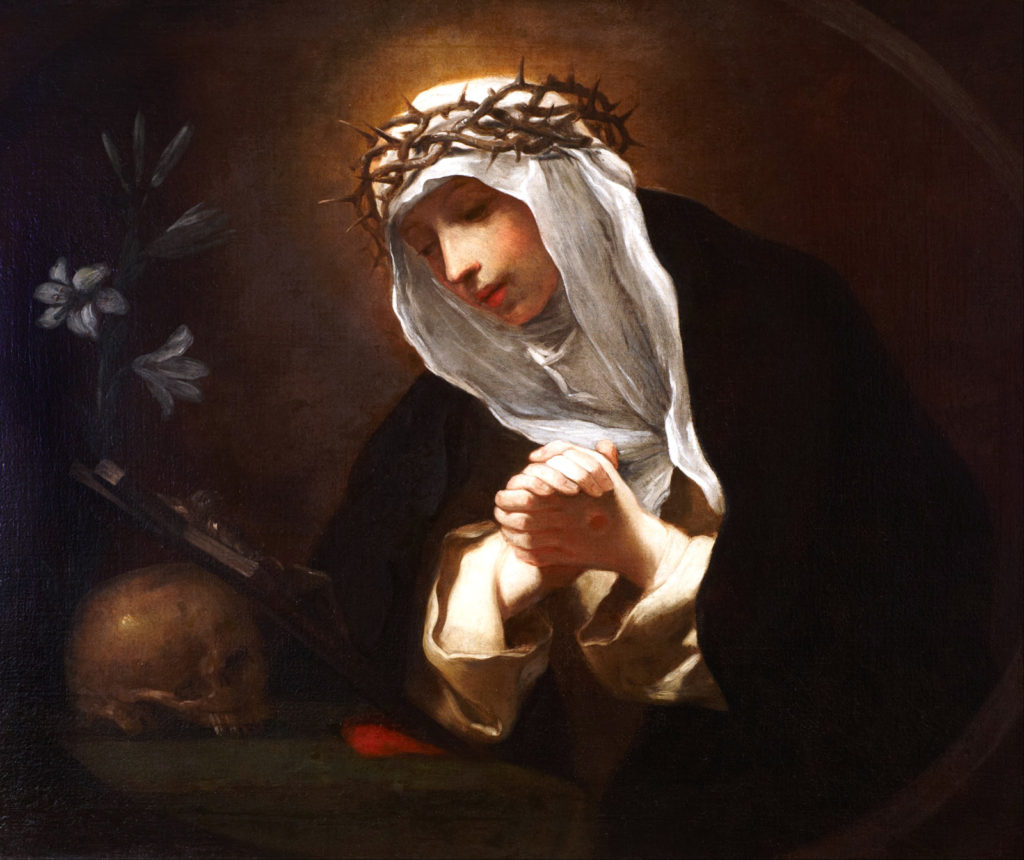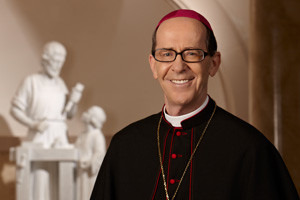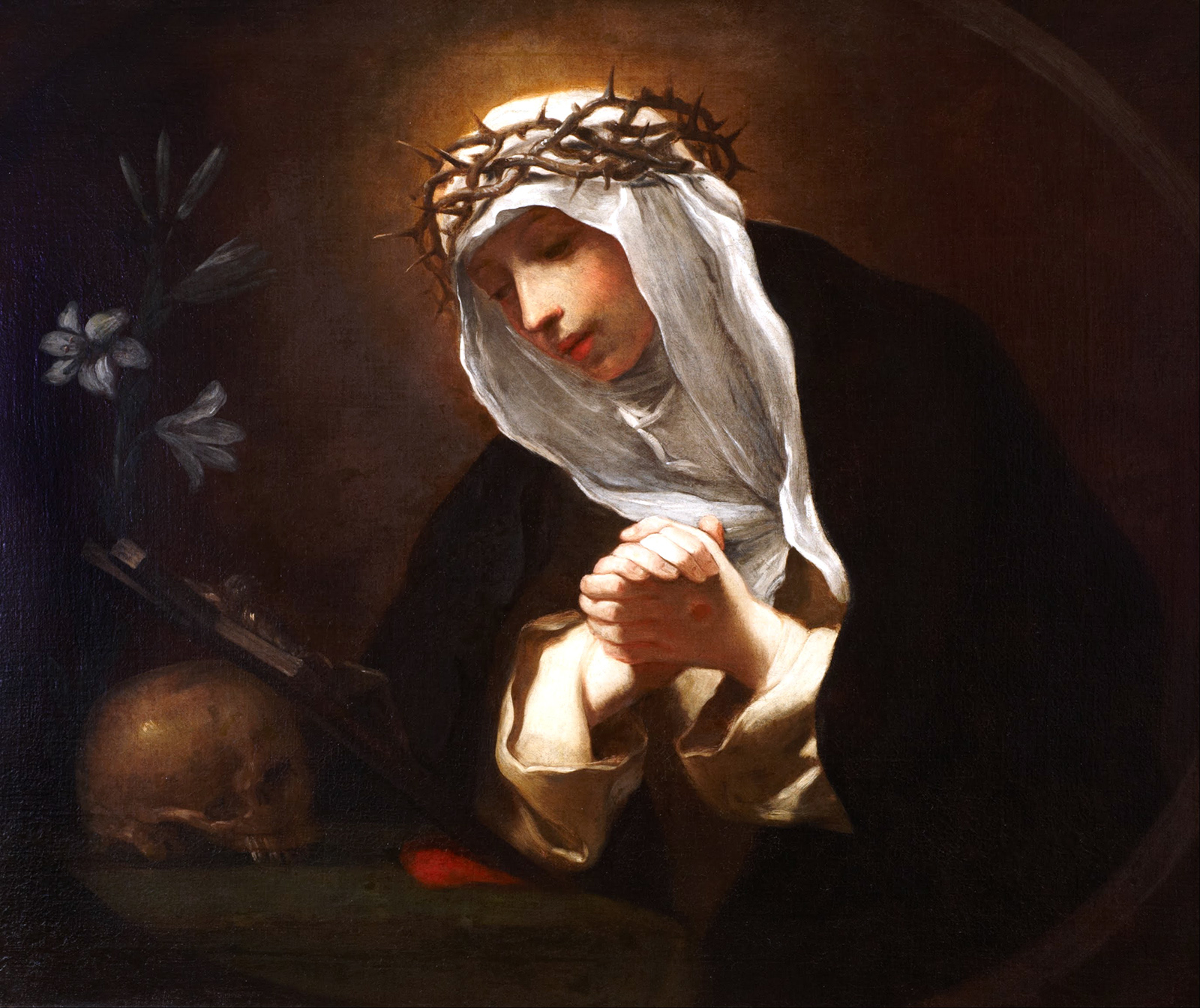
First in a Series
This month, I begin a new series that addresses the scandals of the Church that came to light across our nation this past summer. Since that time, I have had numerous opportunities to hear from priests and faithful laity of our diocese as well as brother bishops of our country. These meetings have moved me to reflect deeply about the current situation. I now wish to share some thoughts with you as we ask the Lord to lead us forward with hope.
In the next months, I will reflect on some of the factors that led to this grave situation such as poor formation of priests. I will look at what the priesthood truly is according to the Lord and His Church and then at improvements made in seminary formation as well as what more could be done going forward to protect our Church from these evils. Finally, I will consider the tried and true factors that allow for the priesthood to be lived in holiness in our day.

Last summer’s news included the revelation of years of abusive behavior by a high-ranking cardinal in the Church and the report of the Pennsylvania Grand Jury that investigated abuses over the past 70 years by clergy. These grave offenses included sexual abuse of children and vulnerable adults as well as the abuse of power in order to cover up such behaviors. What has since followed are investigations of many dioceses, the loss of credibility in leadership in the Church and, most painfully, the damage done to the faith of many who have been scandalized and even left the Church. Revelations of such appalling and shameful acts committed by priests and bishops have brought forth a media storm and indignation both within and without the Church as these moral failures permeated deep into the hierarchy.
Does this hurt you? Does this even make you angry? It should! These sins wound the Body of Christ into which we have been united in Baptism. Priests and bishops who were ordained to bring unity, healing and strength have brought division, pain and debilitation. If this did not bother us, and even make us angry, something is wrong. Sadly, those most hurt by these sins are the most vulnerable.
EN ESPAÑOL: Santa, pero con necesidad de la purificación
Stewards of Anger
In these past months, I have come to believe that we must be good stewards of our anger. We do not want intemperate anger that leads to hatred and harm of others. But the emotion of anger signals to us that something is wrong and unjust. Who wouldn’t feel anger upon learning of the abuse of a child? Who wouldn’t be bothered deeply by the denial of their plea for help? Such anger helps us to recognize and respond to abuse and injustice.
To be good stewards of anger, we need to bring that injustice to Jesus and, with Him, discern how to proceed. This emotion is not to be suppressed but brought to the Cross of the Lord. It is there in prayer that we can come to know whether our anger is righteous or not. Anger serves the good to the extent that it is brought in accordance with right reason and leads to service of justice.
Facing Scandal with Faith
Our Lord gave us many examples of being forthright and clear in the face of evil. He confronted the unclean spirit that desired to destroy the life of a man it possessed (cf. Mk 5:1-20). Jesus confronted the money-changers and vendors who disrupted the prayer and worship of God in the Temple (cf. Jn 2:13-22). And when children were kept from coming to Him, He became “indignant” and confronted those who would keep children from His love and care (Mk 10:14).
There is nothing loving or good about failing to address evil. This is especially the case with the abuse and scandal currently afflicting the Church. While in future articles, I will discuss some factors that have led to the current situation, for now, it must be said that they must be faced directly.
When we profess the Nicene Creed in the Liturgy, we state our belief in “one, holy, Catholic and apostolic Church.” Note that we don’t state we believe in holy members and ministers of the Church. The Church has always had sinful ministers going back to the one Apostle who betrayed Jesus and the 10 who abandoned Him when He was most in need. Nonetheless, the Lord established His Church and, as the Catechism states (824), in her are deposited “the fullness of the means of salvation” that “by the grace of God we acquire holiness.” The Church, “clasping sinners to her bosom, at once holy and always in need of purification, follows constantly the path of penance and renewal” (827). We believe Jesus’ promise that “the powers of death shall not prevail against it” (Mt 16:18). By faith, we know that the current evil that we are facing will not prevail. Our faith in Christ’s Church, while keeping us from despair and undue fear, encourages us to be a confident part of the renewal.
A Time for Saints
This isn’t the first time such grave evil has beset the Church. During the times of great saints like Athanasius, Catherine of Siena, Teresa of Ávila and Charles Borromeo, there were great spiritual and moral struggles including the atrocious sins of the clergy. Some of the divisions and sins of those times are still hurting the Body of Christ today. Nonetheless, precisely in those difficult times, saints such as these shined brightly because they withstood two great temptations:
- to leave the faith on account of the sins of the clergy; and
- to say, “My faith is in Jesus Christ alone; it is completely independent of the priests and bishops who committed such evil acts.”
While there is some truth to this statement, saints go a step further. Rather than merely looking out for their own good, saints acknowledge that when the Body of Christ suffers, it is Jesus Himself who suffers. This is the lesson that the future St. Paul learned when the Lord said to him, “Saul, Saul, why do you persecute me?” (Acts 9:4). While the sins of others should not crush our faith, seeing them and their harmful impact on the Church can move us to be a channel of holiness and grace for the renewal of the Church.
This is not a time for fear or loss of confidence. God has placed us here at this time of history; He can and desires to work through us now. When has the Church had greater need for the clergy and all the baptized to be faithful and true to Him? Our Lord, who is present to us in the Eucharist, merciful to us in the confessional, protecting us through His Blessed Mother and all the saints and encouraging us through solidarity with one another, will always uphold us when we seek renewal in His Church.
Perhaps these prayerful words of St. Catherine of Siena (“The Dialogue of Divine Providence” 134) can guide us:
“You said, eternal Father, that because of Your love for Your creatures, and through the prayers and innocent sufferings of Your servants, You would be merciful to the world and reform holy Church, and thus give us refreshment. Do not wait any longer, then, to turn the eye of Your mercy. Because it is Your will to answer us before we call, answer now with the voice of Your mercy.”







